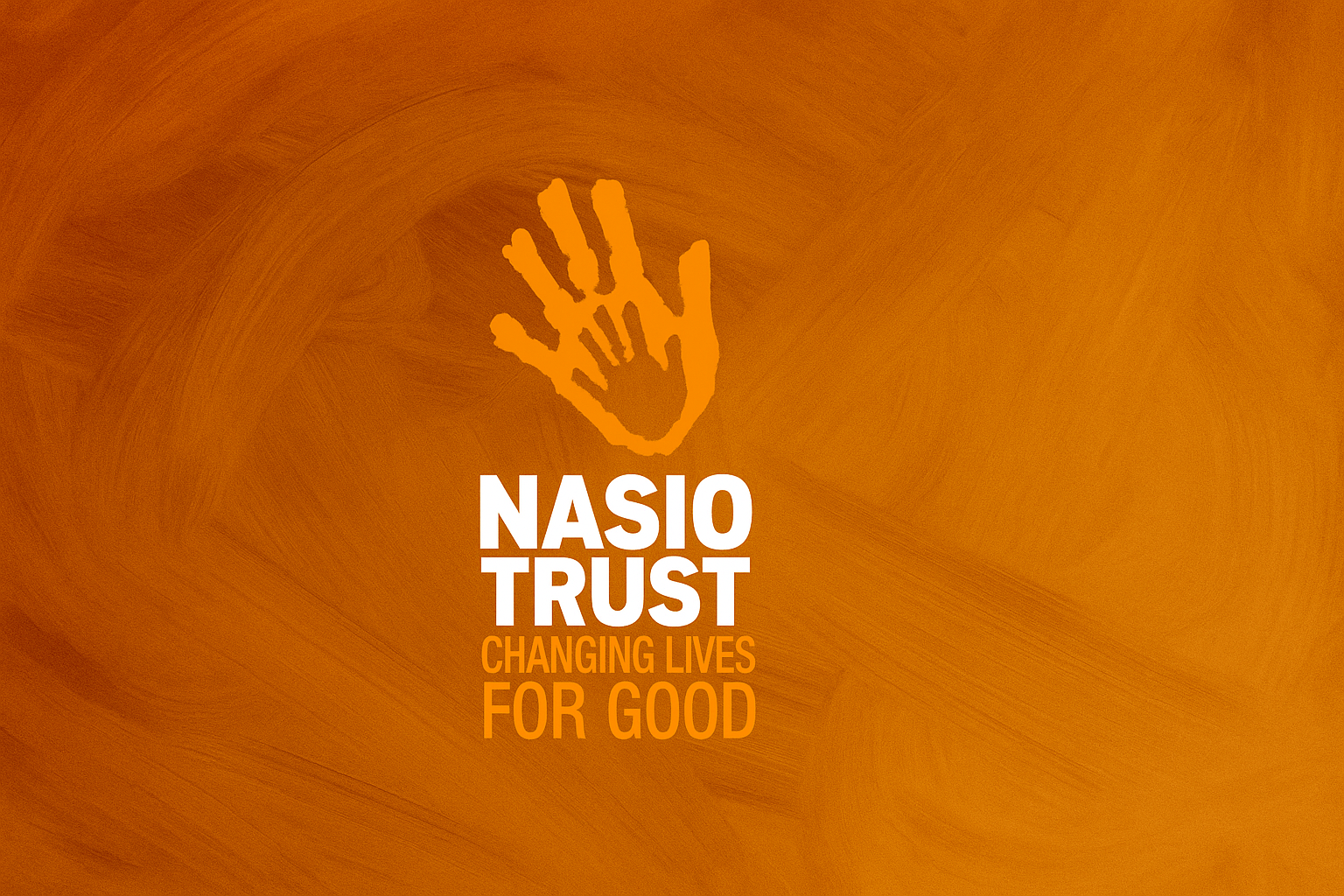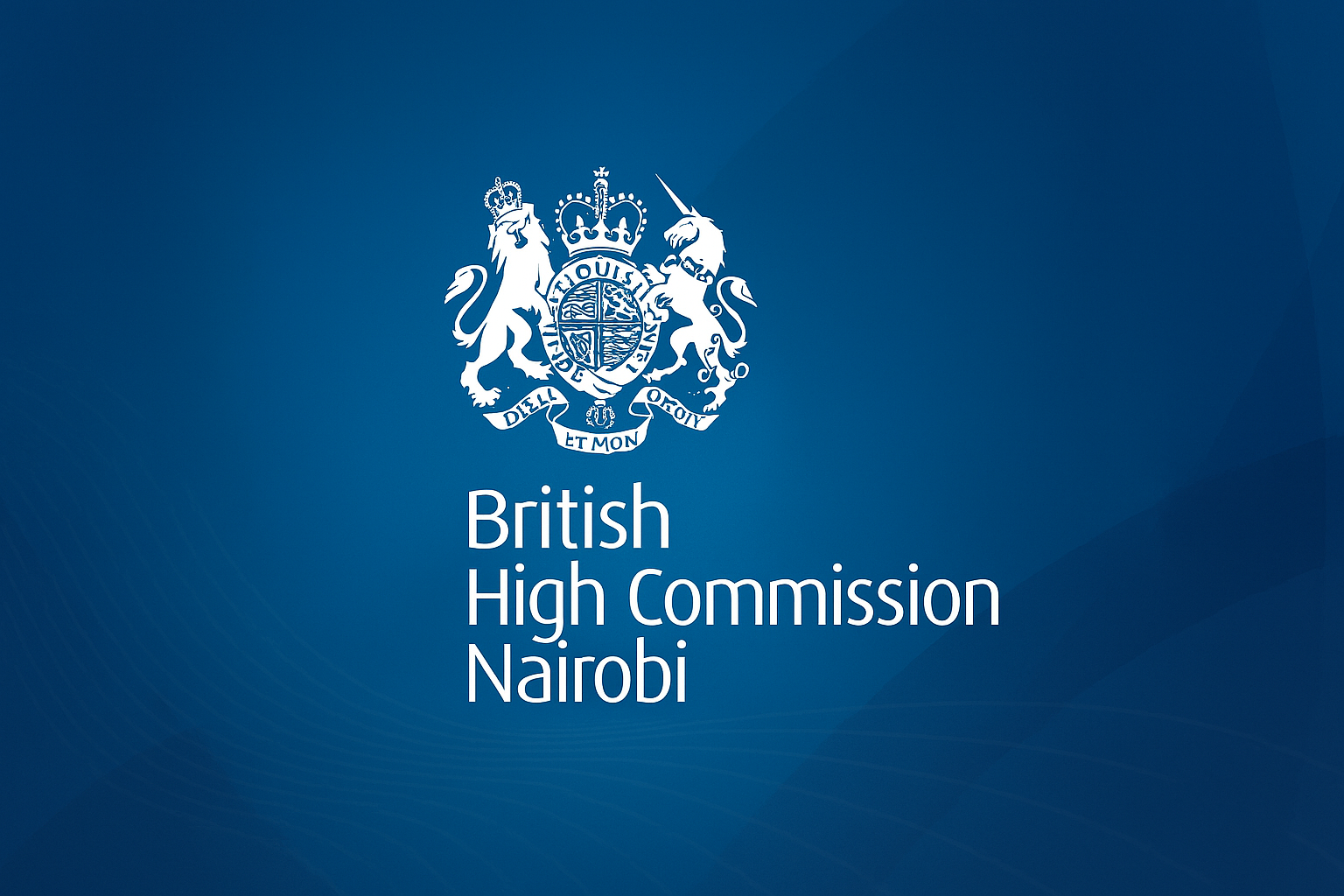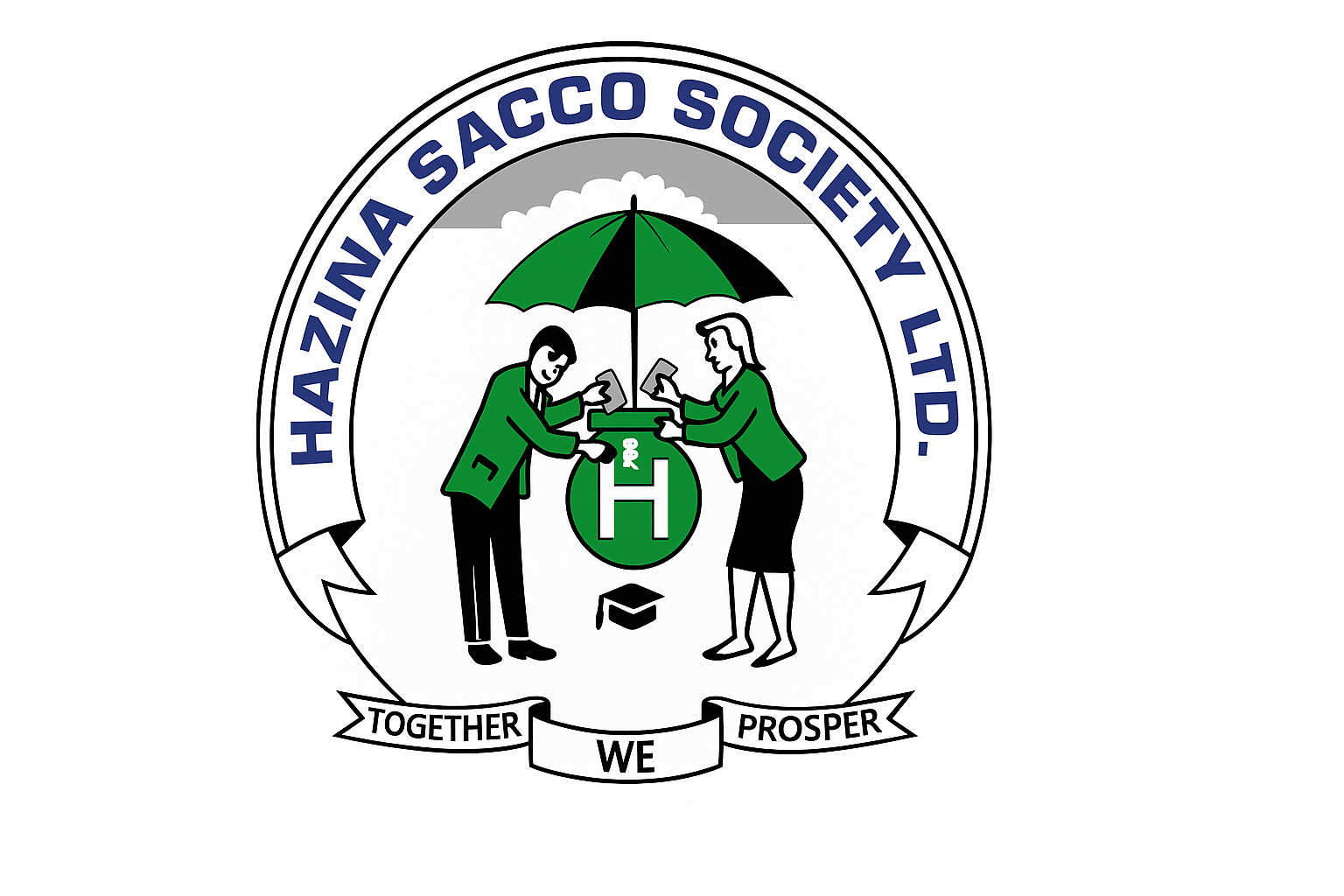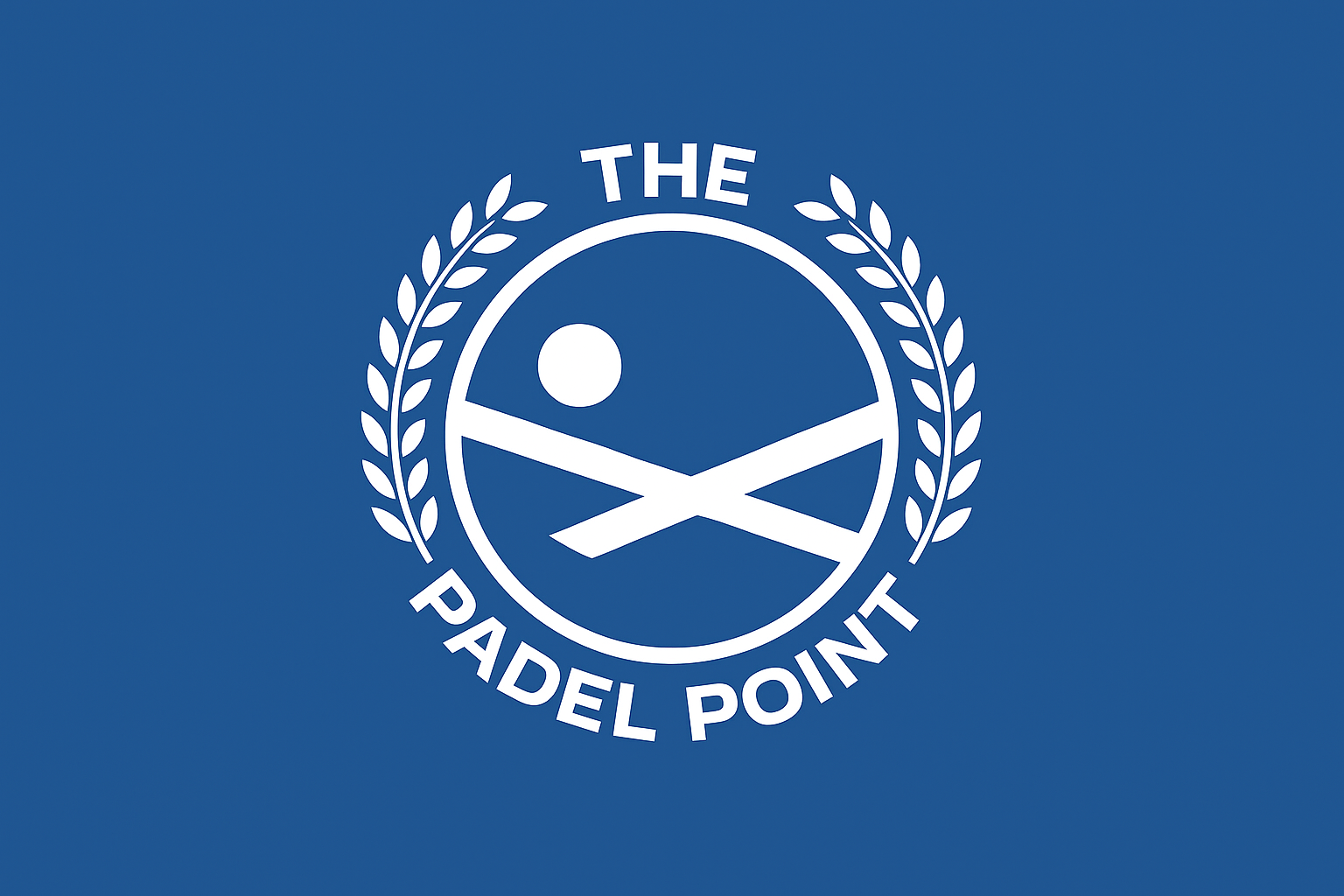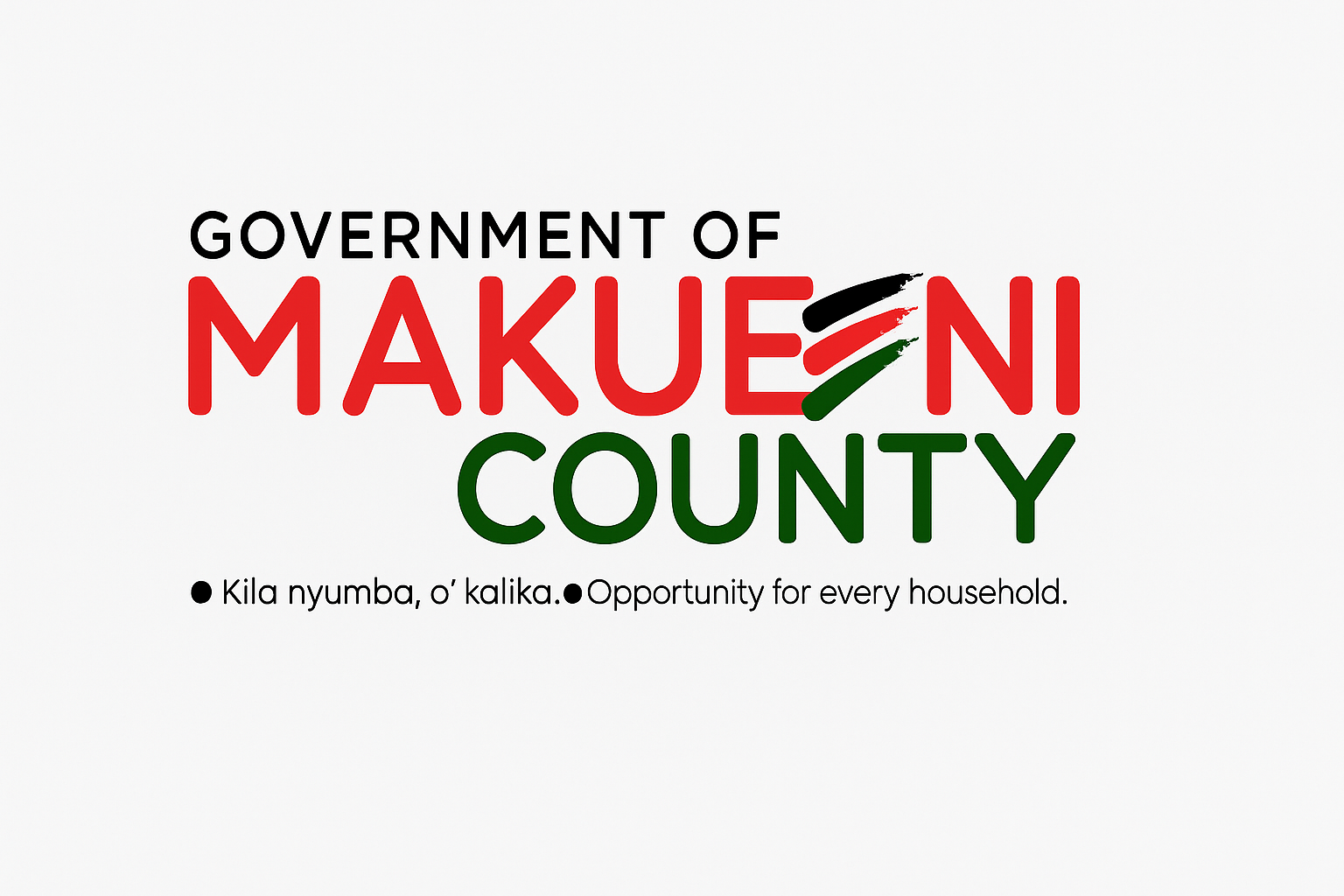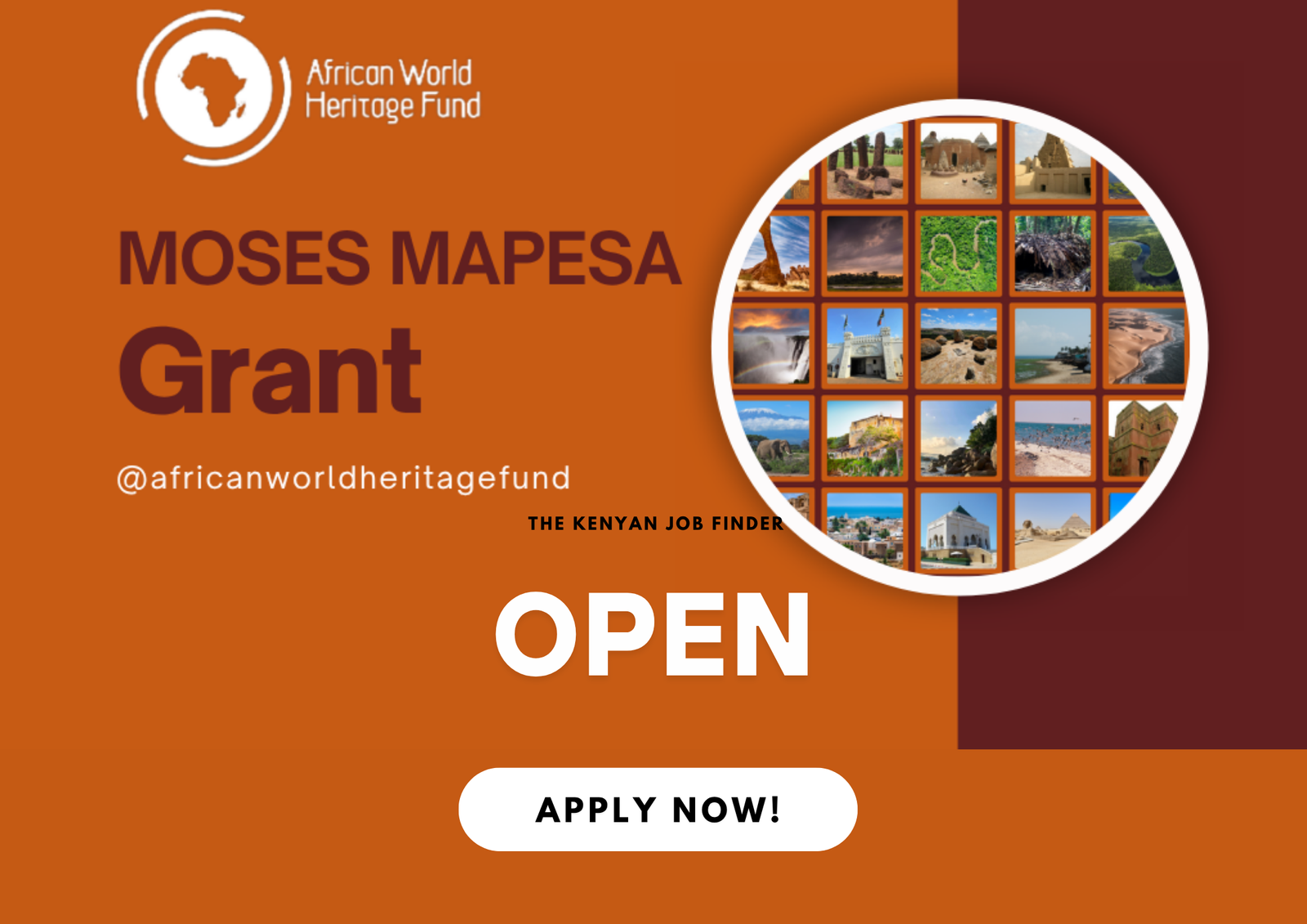
Essential Grant Details
- Grant Title: Moses Mapesa Education and Research Grant
- Location: Africa (research focused on African World Heritage or Tentative Listed Sites)
- Grant Type: Research Funding (Doctoral and Master’s Students)
- Number of Awards: Not specified
- Grant Amount: Up to USD 5,000 (varies by research proposal)
- Category/Field: Natural and Cultural Heritage Research
- Administered By: African World Heritage Fund (AWHF)
- Application Deadline: July 31, 2025
Introduction
The Moses Mapesa Education and Research Grant offers a transformative opportunity for African doctoral and master’s students to advance research in natural and cultural heritage in 2025. Administered by the African World Heritage Fund (AWHF), this grant supports fieldwork at UNESCO World Heritage Sites or Tentative Listed Sites across Africa, fostering academic engagement and building a new generation of heritage experts. With funding of up to USD 5,000, this grant empowers students to address critical issues in conservation, management, and sustainability, contributing to the preservation of Africa’s rich cultural and natural heritage. This opportunity is ideal for passionate scholars committed to making a lasting impact in heritage studies.
About the African World Heritage Fund (AWHF)
The African World Heritage Fund (AWHF), established in 2006 by the African Union and UNESCO, is an intergovernmental organization dedicated to the conservation and protection of Africa’s cultural and natural heritage of Outstanding Universal Value. Hosted by the Government of South Africa at the Development Bank of Southern Africa, AWHF is a UNESCO Category II Centre, supporting African States Parties in implementing the 1972 World Heritage Convention. The fund addresses challenges such as the underrepresentation of African sites on the UNESCO World Heritage List and the need for improved conservation and management. Through initiatives like the Moses Mapesa Education and Research Grant, AWHF empowers young scholars to contribute to sustainable heritage preservation across the continent.
Grant Objectives and Focus Areas
The Moses Mapesa Education and Research Grant honors the legacy of Moses Wafula Mapesa (1965–2016), a renowned wildlife conservationist and former Executive Director of the Uganda Wildlife Authority. The grant supports research projects focused on:
- Traditional Management Systems: Exploring custodianship and indigenous practices in heritage management
- Heritage Risk Management and Preparedness: Strategies to protect sites from threats
- Heritage in Conflict and Post-Conflict Situations: Addressing challenges in unstable environments
- Heritage Management and Conservation: Enhancing preservation techniques
- Heritage and Climate Change: Mitigating environmental impacts on heritage sites
- Heritage Presentation and Interpretation: Improving public engagement with heritage
- Heritage and Economics/Entrepreneurship: Leveraging heritage for economic development
- Heritage and Sustainable Development: Aligning heritage with sustainable goals
- Heritage Promotion and Awareness: Raising public and community awareness
- Heritage, Legal/Police Frameworks, and Human Rights: Strengthening legal protections
- Heritage and Digital Technologies/Artificial Intelligence: Applying technology to heritage studies
- Heritage and Authenticity: Ensuring integrity in conservation practices
- Heritage, Youth, and Intergenerational Knowledge Transmission: Engaging younger generations
Research must focus on UNESCO World Heritage Sites (http://whc.unesco.org/en/list/) or Tentative Listed Sites (http://whc.unesco.org/en/tentativelists/) in Africa.
Key Responsibilities
- Conduct Fieldwork: Undertake research at a designated African World Heritage or Tentative Listed Site within 9 months (May 2026–February 2027)
- Develop Research Outputs: Produce a dissertation, thesis, or research report addressing key heritage challenges
- Submit Initial Report: Provide a detailed research description and proof of university registration at the grant’s start
- Deliver Final Report: Submit a comprehensive report with research results and a financial report by February 2027
- Ensure Compliance: Adhere to AWHF guidelines, completing research within the contractual timeframe to avoid reimbursement
- Engage with Stakeholders: Collaborate with site managers, communities, or heritage professionals as needed
- Document Findings: Maintain accurate records of research activities, methodologies, and outcomes
- Promote Heritage: Contribute to awareness and sustainable management of African heritage sites
- Apply Methodologies: Use rigorous research approaches to address conservation, management, or sustainability issues
- Manage Budget: Utilize grant funds efficiently, focusing on fieldwork-related expenses
- Communicate Progress: Provide updates to AWHF as required during the research period
- Contribute to Knowledge: Share findings to advance academic and practical understanding of African heritage
Eligibility and Requirements
- Academic Enrollment: Currently enrolled or planning to register in 2026 for a Doctoral or Master’s program (Master’s 2 for Francophone countries) at an African university, focusing on natural or cultural heritage research at a World Heritage or Tentative Listed Site
- Citizenship: Citizen of an African Union Member State party to the 1972 World Heritage Convention
- Language Proficiency: Fluent in English, French, or Portuguese
- Application Package:
- Completed application form (co-signed by supervisor)
- Motivation letter (1 page maximum)
- Updated CV (2 pages maximum)
- Proof of course registration or letter of acceptance from a university
- Research proposal (2 pages maximum) including:
- Full name, affiliated university, country, degree level, research title, and related site
- Research description (goals, objectives, questions, relevance, significance, justification, scope, expected outcomes)
- Research methodology (approach, timeframe, analysis)
- Bibliography
- Budget (detailing fieldwork expenses and other funding sources)
- Grant Conditions: Research must be completed within 9 months (May 2026–February 2027). Failure to complete within this timeframe requires reimbursement of the grant.
AWHF’s Commitment to Heritage
AWHF fosters a collaborative and impactful environment, empowering young African scholars to preserve and promote the continent’s heritage. The organization values innovation, sustainability, and inclusivity, ensuring that research contributes to global heritage discourse. Through the Moses Mapesa Education and Research Grant, AWHF supports academic excellence and practical solutions, honoring Moses Mapesa’s legacy in wildlife conservation and natural resource management. The fund encourages gender, language, and geographic balance, fostering a diverse cohort of heritage experts.
How to Apply
Apply now for the Moses Mapesa Education and Research Grant. Submit the following via the online application link:
- Completed application form (English, French, or Portuguese)
- Motivation letter
- Updated CV
- Proof of registration or university acceptance letter
- Research proposal with budget
Download application forms:
- English: Click Here
- French: Click Here
- Portuguese: Click Here
Submit applications via the Moses Mapesa Grant 2026/27 Application Link at Apply here: https://awhf.net/call-for-applications-moses-mapesa-research-grant/. No physical copies are accepted. For queries, contact AWHF at 1258 Lever Road, Headway Hill, Midrand 1685, South Africa or email info@awhf.net. Applications must be submitted by Midnight SAST on July 31, 2025.
Additional Engagement
View More Funding Opportunities
Explore additional grants at Browse verified opportunities on https://jobkenya.org/
Free WhatsApp Channel for Scholars
Get real-time updates from our WhatsApp Channel for Job Updates: https://whatsapp.com/channel/0029ValRUem7DAX1gmkC7y2K

Tags
Moses Mapesa Education and Research Grant, heritage research funding, African World Heritage Fund, natural heritage research, cultural heritage scholarships
Why Choose the Moses Mapesa Education and Research Grant?
A Catalyst for Heritage Research
The Moses Mapesa Education and Research Grant is a prestigious opportunity for African students to contribute to the conservation and management of Africa’s World Heritage Sites. By supporting fieldwork at UNESCO-listed or Tentative Listed Sites, the grant empowers scholars to address critical challenges in heritage preservation. With funding up to USD 5,000, this program enables students to conduct impactful research, fostering academic excellence and practical solutions for sustainable heritage management.
The Importance of Heritage Research in Africa
Africa’s cultural and natural heritage is globally significant, yet underrepresented on the UNESCO World Heritage List. The Moses Mapesa Education and Research Grant addresses this gap by supporting research that enhances conservation, promotes awareness, and drives sustainable development. From traditional management systems to digital technologies, the grant encourages innovative approaches to preserving sites like the Serengeti National Park or Great Zimbabwe. By focusing on real-world challenges, scholars contribute to Africa’s cultural and economic growth.
Career Benefits of the Grant
This Moses Mapesa Education and Research Grant offers numerous benefits, including:
- Financial Support: Up to USD 5,000 to cover fieldwork expenses
- Academic Growth: Opportunities to produce high-impact dissertations or theses
- Professional Networking: Collaboration with heritage professionals and site managers
- Global Recognition: Contribution to UNESCO’s World Heritage framework
- Skill Development: Enhanced research, analytical, and project management skills
- Career Advancement: Strengthened CV for academic and heritage-related roles
The grant’s focus on practical fieldwork ensures scholars gain hands-on experience in addressing heritage challenges.
Research Scope and Impact
The Moses Mapesa Education and Research Grant supports projects that address pressing issues in heritage management. Examples include:
- Risk Management: Developing strategies to protect sites from natural disasters
- Climate Change: Studying environmental impacts on cultural sites
- Digital Technologies: Using AI to enhance heritage accessibility
- Sustainable Development: Linking heritage preservation to economic benefits
Research must be conducted at a World Heritage Site (e.g., Kilimanjaro National Park) or a Tentative Listed Site, ensuring direct relevance to Africa’s heritage landscape. The 9-month timeframe (May 2026–February 2027) encourages focused, high-impact projects.
Application Tips
To strengthen your application for the Moses Mapesa Education and Research Grant:
- Tailor Your Proposal: Clearly align your research with a specific World Heritage or Tentative Listed Site
- Highlight Relevance: Emphasize how your project addresses conservation or sustainability challenges
- Detail Methodology: Provide a clear, feasible research plan with timelines and analysis methods
- Justify Budget: Specify fieldwork expenses and other funding sources
- Engage Supervisors: Ensure your supervisor co-signs the application form
- Submit Early: Avoid last-minute submissions to ensure accuracy
Incomplete applications will not be considered, so double-check all requirements.
Why Africa?
Africa’s World Heritage Sites, from the Ngorongoro Conservation Area to the Stone Town of Zanzibar, represent the continent’s rich cultural and natural legacy. The Moses Mapesa Education and Research Grant empowers African scholars to protect these sites, addressing challenges like climate change, conflict, and underfunding. By conducting research in Africa, students contribute to local communities and global heritage discourse, fostering pride and sustainability.
Evaluation and Selection Process
Applications are reviewed by an interdisciplinary and cross-regional selection committee, focusing on:
- Eligibility: Compliance with academic, citizenship, and language requirements
- Application Quality: Completeness and clarity of the application package
- Research Relevance: Alignment with heritage conservation and AWHF objectives
- Diversity: Consideration of gender, language, and geographic balance
Successful applicants will be notified by January 31, 2026, allowing ample time to prepare for fieldwork.
Grant Impact on Africa’s Heritage
The Moses Mapesa Education and Research Grant plays a pivotal role in advancing Africa’s heritage preservation. By supporting young scholars, AWHF builds a cadre of experts who will shape the future of conservation and management. Research outcomes contribute to policy development, community engagement, and global awareness, ensuring Africa’s heritage remains a source of pride and economic opportunity.
Networking and Professional Growth
Recipients of the Moses Mapesa Education and Research Grant gain access to a network of heritage professionals, UNESCO experts, and academic peers. Opportunities to present findings at conferences or collaborate with site managers enhance visibility and career prospects. Joining organizations like the African World Heritage Network can further boost professional growth in heritage studies.
Final Call to Action
Seize this opportunity to advance your research with the Moses Mapesa Education and Research Grant. Apply by July 31, 2025, through Apply here: https://awhf.net/call-for-applications-moses-mapesa-research-grant/. Submit your application package to info@awhf.net and contribute to the preservation of Africa’s cultural and natural heritage.




